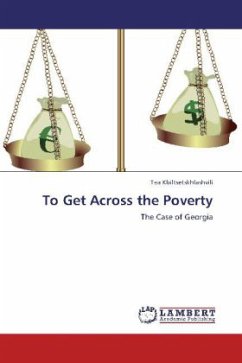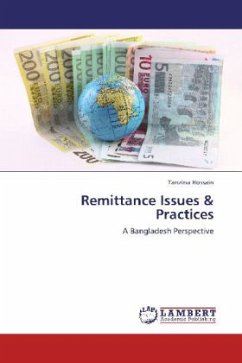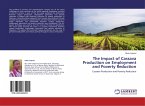In a very short period of time Georgian society and family itself undergone noticeable transformation process from a totalitarian regime to a democracy. Since declaring independence, Georgia has experienced a deep socio economic crisis and faced acute political turmoil resulting from civil war, ethnic conflicts, the increasing number of refugees and poverty followed by years of economic stagnation and corruption which was supposed to come to an end in November 2003, with the so called Rose Revolution . Poverty, unemployment and insecurity have become serious problems for the majority of Georgia s population, thus causing in particular the Georgian family to undergo a structural transformation in this period. This book describes the shifting context and the links between economic hardships, unemployment, poverty and the influence of market economy on Georgian family. Georgian economy remains underdeveloped and average household income in the country still remains low in comparisonto other Eastern European countries which have negative influence on the wellbeing of Georgian family.
Bitte wählen Sie Ihr Anliegen aus.
Rechnungen
Retourenschein anfordern
Bestellstatus
Storno








